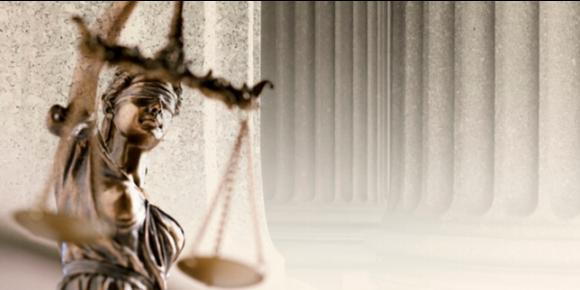
- posted: Jun. 23, 2024
Accidents happen, and when they do and you're left injured, the issue of recovering damages becomes paramount. Indiana, like many states, follows a modified comparative negligence system to determine how much compensation an injured party can receive. Essentially, an accident victim will see their damages reduced in proportion to their degree of fault.
Indiana operates under a "51 percent bar” rule. This means that if you're found to be more than 51 percent at fault for the accident that caused your injuries, you are barred from recovering any damages whatsoever. The rationale behind this rule is to discourage reckless behavior and ensure that those who contribute significantly to their own misfortune don't benefit financially.
However, if your share of the blame falls below 51 percent, you have a chance at recovering partial compensation. Under modified comparative negligence, the percentage of fault you bear directly impacts the amount of damages you can recover. The court will first determine the total value of your damages, encompassing your medical bills, lost wages, pain and suffering and related costs. Then, the court will assign a percentage of fault to each party involved in the accident. Your damage award will be reduced by your assigned percentage of fault.
For example, imagine you're in a car accident and sustain a broken leg. The total value of your damages is determined to be $100,000. The other driver is found to be 70 percent at fault for having run a red light. However, the court also finds that you were speeding at the time of the crash, attributing 30 percent of the blame to you. Your recovery would be reduced by 30 percent, or $30,000. This leaves you with a final damage award of $70,000.
The burden of proof in a comparative negligence case lies with the party who is raising the issue of the plaintiff’s fault. This means the defendant (the party you're suing) needs to present evidence that demonstrates your contribution to the accident. This evidence can take many forms, such as witness testimonies, police reports or traffic camera footage.
The complexities of comparative negligence law demonstrate the importance of seeking legal counsel after an accident. An experienced personal injury attorney can help you not only in proving the other party’s fault but also in disproving claims that you were negligent and in minimizing your level of fault. Both tasks bear heavily on your right to sue and on the amount of compensation you can receive.
At Rubino, Ruman, Crosmer & Polen in Dyer, we proudly serve individuals hurt in accidents throughout the state of Indiana. Set up a free initial consultation by calling 219-227-4631 or by contacting us online today.


